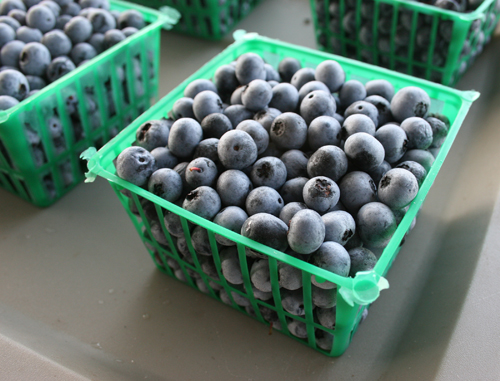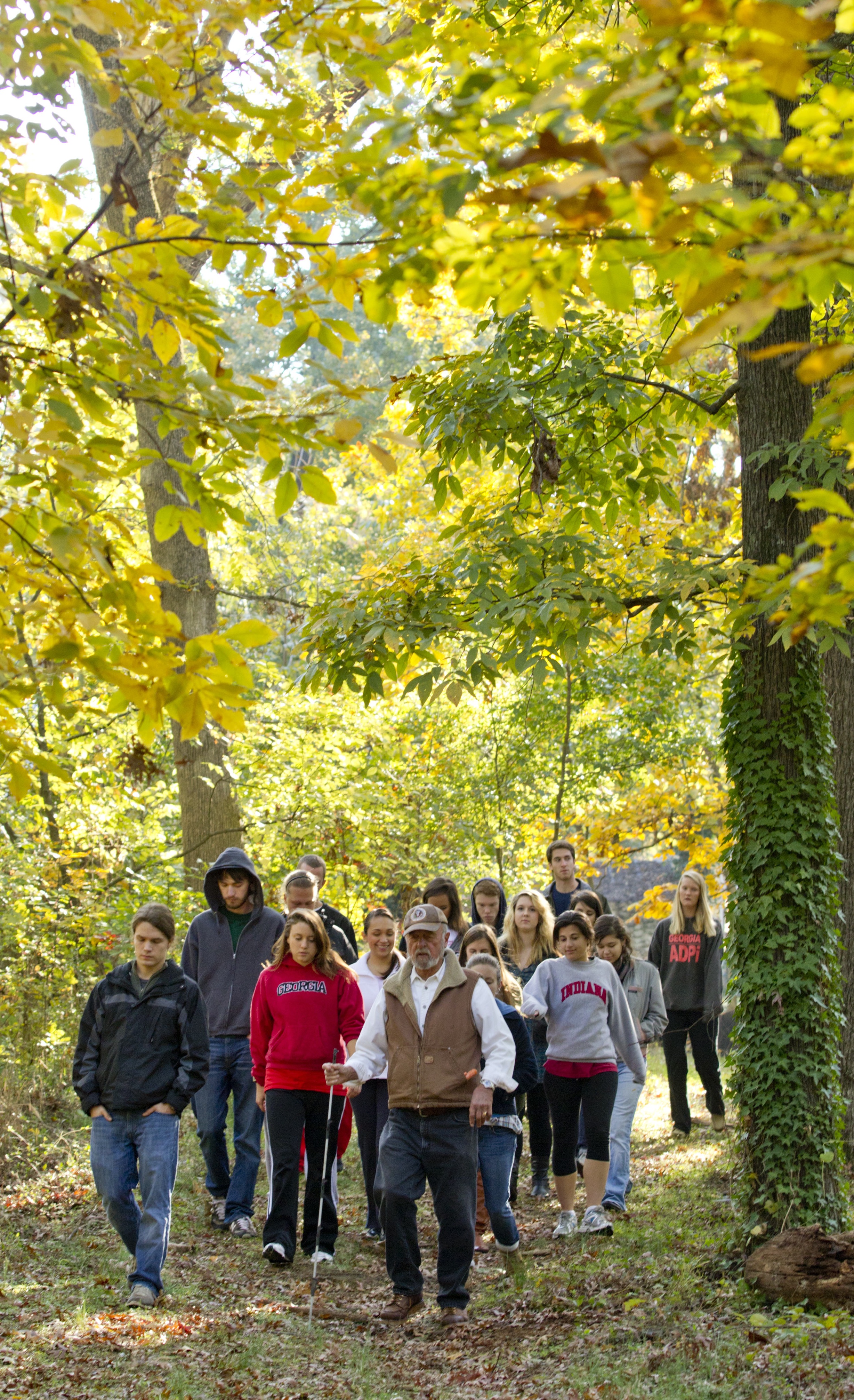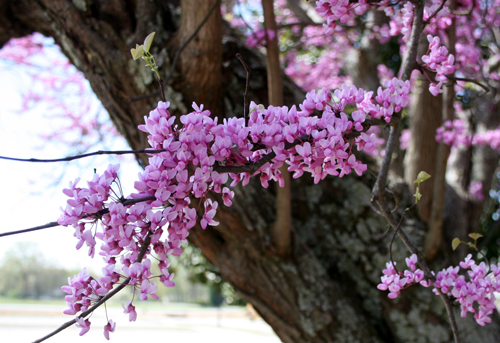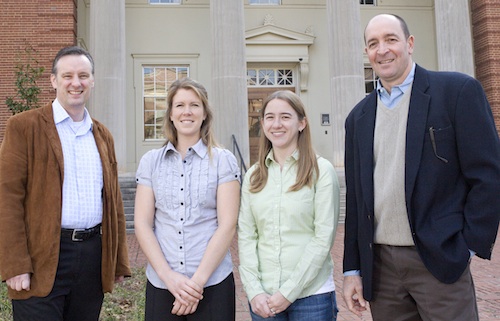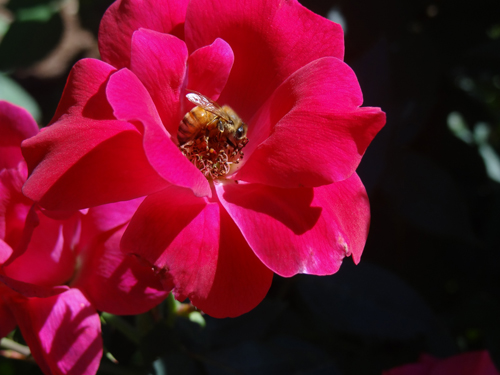 CAES News
CAES News
Prune roses now for more blooms later
Mid February to early March is the best time to prune roses. To achieve a high quality rose bush, you must remove all dead and diseased wood and reduce the remaining canes by at least a third. Following these tips from University of Georgia Cooperative Extension will help you get the job done efficiently and effectively.

